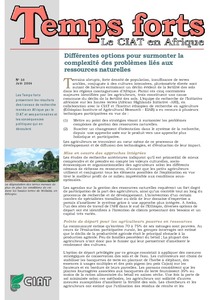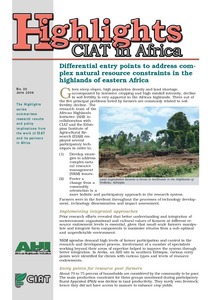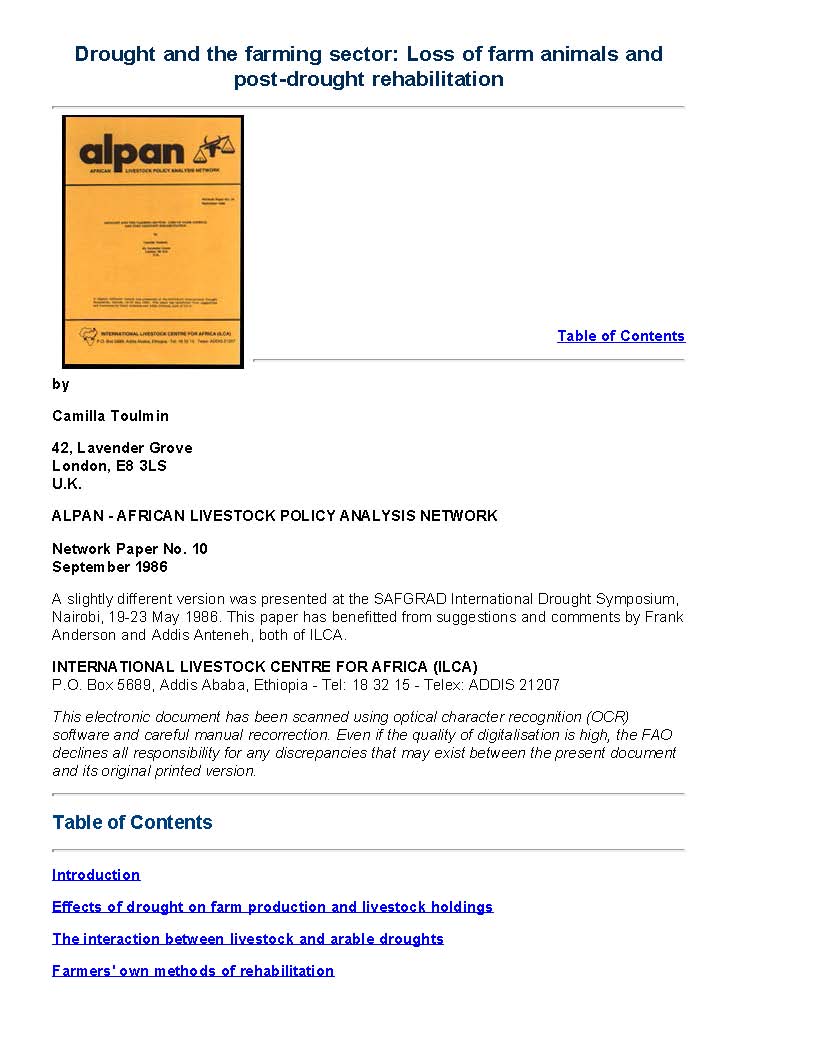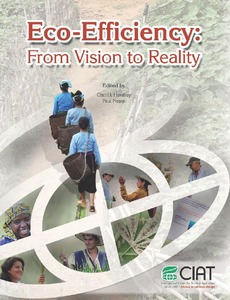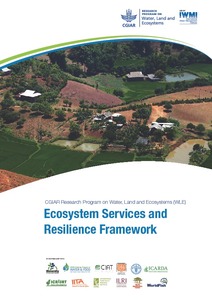Comparative analysis of morphological and farmers' cognitive diversity in yams landraces (Dioscorea spp.) from southern Ethiopia
Neglected by research and development, knowledge of the genetic diversity in Ethiopian yams is found mainly with the local farmers. The local yam classification system in Southern Ethiopia was studied through individual and key informant interviews. Data collected include attributes/traits of each landrace used in the folk taxonomy. Local farmers recognize two major categories of yams: ‘hatuma boye’ (‘male’ yam) and ‘macha boye’ (‘female’ yam). This categorization has no reference to the reproductive biology of the plant.


